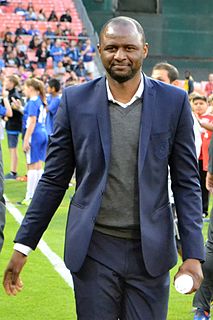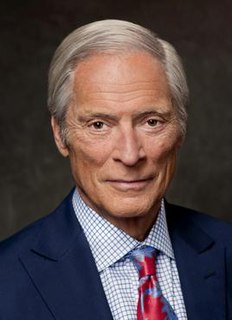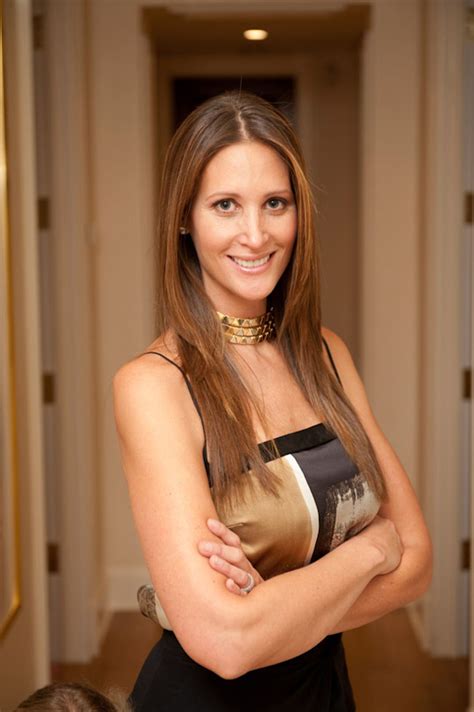A Quote by Jacob Weisberg
In authoritarian societies, cultural institutions tend to become ideological proxies - think of the National Ballet in Cuba or the East German gymnastics team.
Related Quotes
The ideological and cultural revolutions have been promoted successfully in the countryside with the result that the ideological and spiritual qualities of our agricultural working people have been transformed remarkably, and a great development has also been achieved in the realm of cultural life in the countryside.
In a cross-cultural study of 173 societies (by Herbert Barry and L. M. Paxson of the University of Pittsburgh) 76 societies typically had mother and infant sharing a bed; in 42 societies they shared a room but not a bed; and in the remaining 55 societies they shared a room with a bed unspecified. There were no societies in which infants routinely slept in a separate room.
The national media will talk about national problems because it's something that everyone in all 50 states can understand, but the reality is these are minor factors. These are local races. ... The issues tend to be less ideological than for Senate races or races for president. ... It's about potholes and streetlights.
Few tears will be shed over the demise of the East German army, but what about East Germany’s eighty symphony orchestras, bound to lose some subsidies? Or the whole East German system, which covered everyone in a security blanket from day care to health care, from housing to education? Some people are beginning to express, if ever so slightly, nostalgia for that Berlin Wall.

































